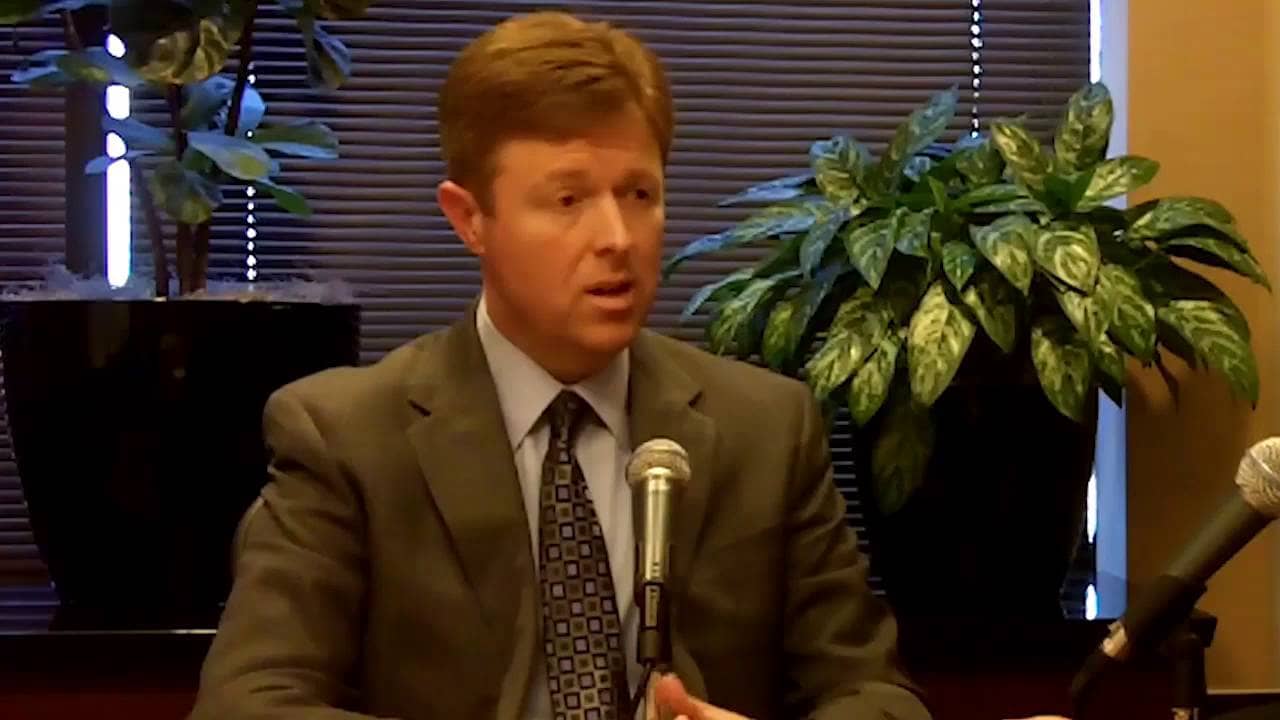Greg: This is PKF Texas, the Entrepreneur’s Playbook. I’m Greg Price, director of Consulting Solutions, and I’m here again with Michael Veuleman, a director in our audit practice at PKF Texas. Michael, welcome back to the playbook.
Michael: Thank you, Greg.
Greg: So Michael, the last time you were here, we had you talking about employee benefit plans, and some of the things that have come forward is that the employers or these plan sponsors have some type of potentially fiduciary liability, and there might be some high level actions that could be taken to limit exposures. What’s your feedback on that?
Michael: Well, Greg, I would say that it’s imperative that every plan sponsor establish an investment or administrative committee. If a plan sponsor becomes part of the litigation, it will be very important that this committee has minutes which summarize key decisions at the plan level.
Greg: So Michael, naming officers is just not enough for this.
Michael: Absolutely. Having this committee is a good start, but this committee will need to meet from two to four times a year to really be an effective committee.
Greg: So I would assume there are some topics that this committee has to address as part of their responsibilities.
Michael: Right. This committee typically decides matching percentages, plan amendments, investment review selection, as well as insuring participant education and monitoring of their service providers to ensure that they’re providing services at reasonable expense ratios. However, the most important factor that this committee has responsibility for is providing the minutes that cover their actions.
Greg: So Michael, it sounds like this is very complex and kind of scary. So where would someone go to get assistance to help them with this stuff?
Michael: As I’ve mentioned before, most service providers have the ability to provide assistance. There are also consultants that specialize in areas such as cost analysis, investment review, benchmarking, and many others. But what’s most important is that this plan sponsor be proactive in reaching out to these advisors rather than weighing on the advisors to contact them.
Greg: Michael that was some really great information. Thanks for sharing that with us today.
Michael: You’re welcome.
Greg: I’m sure this is a topic we’ll be bringing up again in the future. This has been another Thought Leader production brought to you by PKF Texas, the Entrepreneur’s Playbook. Tune in next week for another chapter. If you’d like to get more information the subject of employee benefit plans, go to PKFTexas.com/BenefitPlanAudits.

